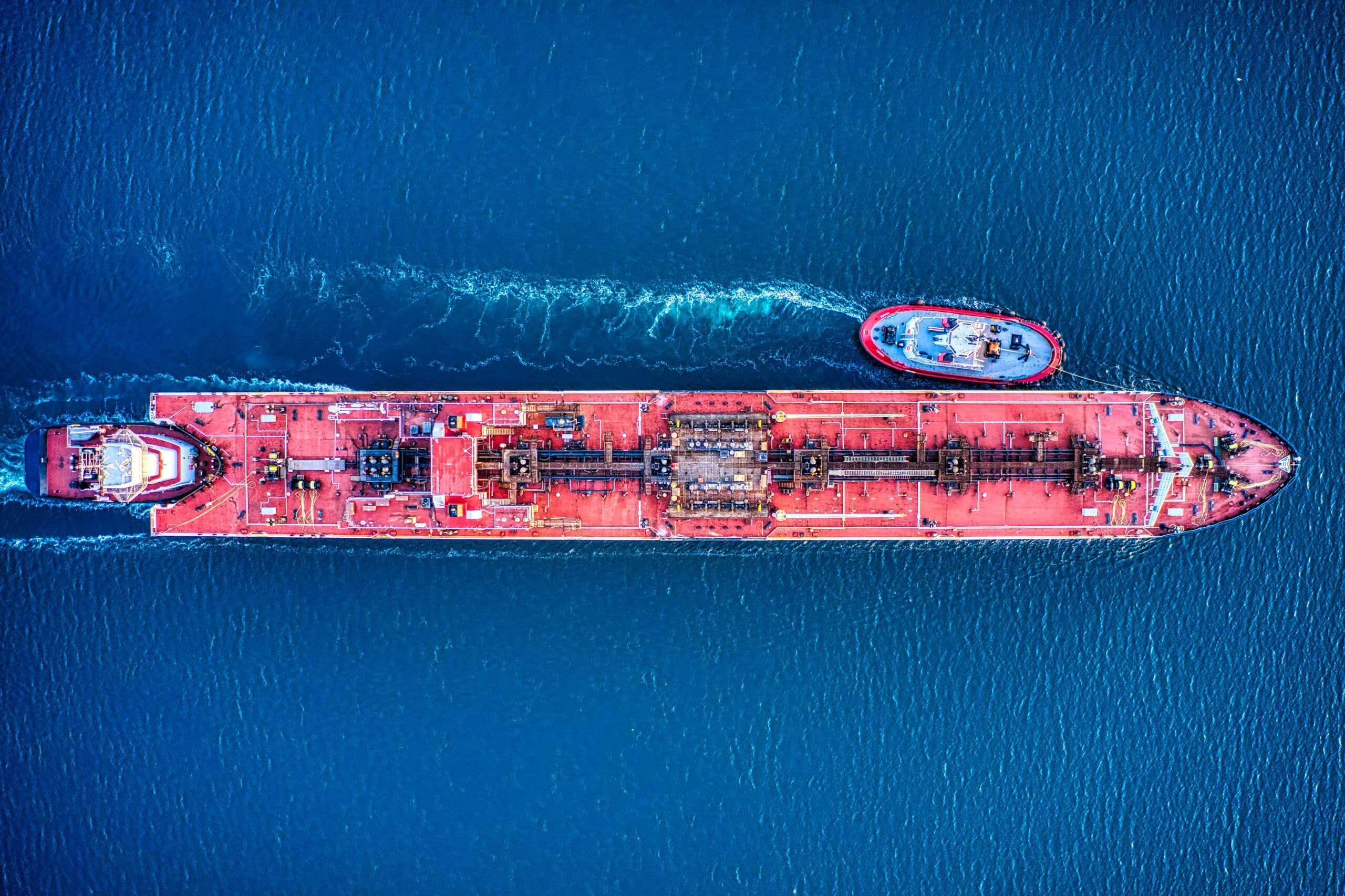
Russia Hit with New Oil Sanctions
Last week on 22nd of October, in Washington D.C, the U.S. Department of the Treasury’s Office of Foreign Asset Control (OFAC) announced that further sanctions on major Russian oil companies were being imposed due to Russia’s lack of serious commitment to a peace process to end the war in Ukraine. Experts advise that the aim of this increased pressure on Russia’s energy sector is to weaken President Putin’s ability to generate revenue for the war effort and to sustain an already fragile economy.
The sanctioning of both Rosneft and Lukoil* by the United States coincided with the EU’s 19th package of sanctions on Russia, which included a ban on Russian LNG (liquefied natural gas) imports. The United Kingdom had also added to its own sanctions list the previous week.
Rosneft – A vertically integrated energy company specialising in the exploration, production, refining, transportation, and sale of petroleum, petroleum products, and LNG. The Russian Government owns around 40.4% of the company, with the Qatar Investment Authority also holding a significant stake.
Lukoil – Engaged in the exploration, production, refining, marketing, and distribution of oil and gas across Russian and international markets. Lukoil is privately owned, with its founder, Vagit Alekperov, holding approximately 28.3%.
President Trump’s sanction package targeting Rosneft and Lukoil has triggered repercussions in the world’s two most populated nations, India and China. Experts report that a number of oil companies in both countries have begun cancelling orders ahead of the sanction deadline of 21st November 2025, fearing potential retaliation from the White House for sanction busting. Analysts estimate that Russia exports between 3.5 and 4.5 million barrels of oil per day to Asia, with a significant portion coming from the newly sanctioned firms. However, experts warn that once the deadline passes, exports of between 1.4 and 2.6 million barrels per day to China and India could completely dry up.
Under OFAC’s latest rules, U.S. secondary sanctions may also be imposed for providing material support to Lukoil or Rosneft, or for operating within Russia’s energy sector. In essence, sanctions can be triggered by any significant transaction involving these companies. The threat of being banned from the U.S. financial system is expected to deter potential sanction busters from engaging in new or existing business with either firm.
The EU’s new sanctions package will prohibit the import or transfer, directly or indirectly, of Russian LNG from 25th April 2026, except for long-term contracts entered into before 17th June 2025. The EU’s implementation has been slower than that of the U.S. and UK due to its greater dependence on Russian LNG.
Meanwhile, both the European Union and the United Kingdom continue to target vessels operating within the so-called shadow fleet*, which is used to transport Russian oil and bypass Western sanctions. The UK has also imposed asset freezes on several companies supplying Russia with critical electronics for missiles and drones. Additionally, the EU has identified 45 new companies and entities that are directly supporting Russia’s war effort by helping to circumvent export restrictions on advanced technology.
Shadow Fleet – A collection of around 45 ageing, uninsured oil tankers used by Russia to export oil while evading Western sanctions. These vessels typically have opaque ownership structures, often sail under false flags, and operate outside the Western financial system. This enables Russia to sell oil below the Western-imposed price cap of USD 60 per barrel, designed to limit Moscow’s export revenues.
The latest round of sanctions is expected to result in increased enforcement activity and greater regulatory scrutiny, particularly if the United States maintains its renewed aggressiveness. With relatively short wind-down periods for both Lukoil and Rosneft, sanctioning authorities will need to act swiftly and with heightened diligence. Strong cross-border coordination among multinational organisations will be essential to ensure a robust and effective sanctions compliance framework.

Other facilities
IntaCapital Switzerland | Copyright © 2025 | All Rights Reserved